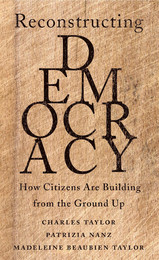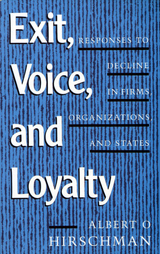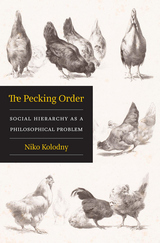Justifiable Conduct: Self-Vindication in Memoir
Temple University Press, 2013
Cloth: 978-1-4399-1025-2 | eISBN: 978-1-4399-1027-6 | Paper: 978-1-4399-1026-9
Library of Congress Classification HM811.G6657 2013
Dewey Decimal Classification 301
Cloth: 978-1-4399-1025-2 | eISBN: 978-1-4399-1027-6 | Paper: 978-1-4399-1026-9
Library of Congress Classification HM811.G6657 2013
Dewey Decimal Classification 301
ABOUT THIS BOOK | AUTHOR BIOGRAPHY | REVIEWS | TOC | REQUEST ACCESSIBLE FILE
ABOUT THIS BOOK
How do memoirists make their work interesting, daring, exciting, and unorthodox enough so that they attract an audience, yet not so heinous and scandalous that their readers are unable to empathize or identify with them? In Justifiable Conduct, renowned sociologist Erich Goode explores the different strategies memoirists use to "neutralize" their alleged wrongdoing and fashion a more positive image of themselves for audiences. He examines how writers, including James Frey, Susan Cheever, Roman Polanski, Charles Van Doren and Elia Kazan, explain, justify, contextualize, excuse, or warrant their participation in activities such as criminal behavior, substance abuse, sexual transgressions, and political radicalism.
Using a theory of deviance neutralization, Goode assesses the types of behavior exhibited by these memoirists to draw out generic narratives that are most effective in attempting to absolve the actor-author. Despite the highly individualistic and variable lives of these writers, Goode demonstrates that memoirists use a conventional vocabulary for their unconventional behavior.
Using a theory of deviance neutralization, Goode assesses the types of behavior exhibited by these memoirists to draw out generic narratives that are most effective in attempting to absolve the actor-author. Despite the highly individualistic and variable lives of these writers, Goode demonstrates that memoirists use a conventional vocabulary for their unconventional behavior.
See other books on: Autobiography | Biographical methods | Conduct of life | Memoir | Social Psychology
See other titles from Temple University Press






























